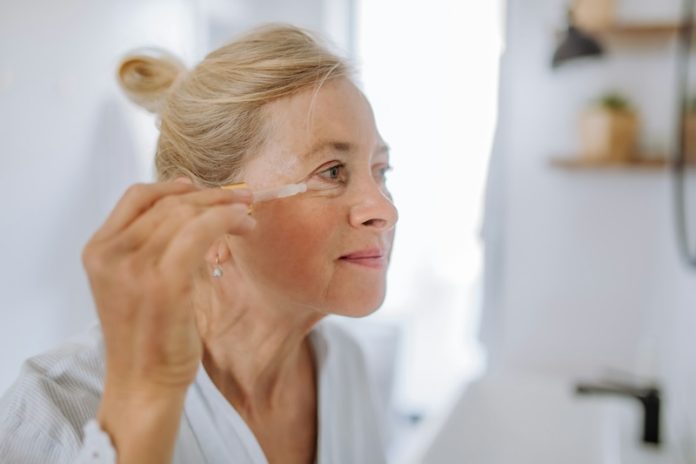
A recent study from Michigan Medicine has revealed that a significant portion of older adults, specifically 28% of people over the age of 71, experience visual impairments even when using their regular glasses, contact lenses, or other visual aids.
These findings highlight the need for greater attention to vision health in aging populations, as poor vision is linked to several serious health risks, including depression, dementia, falls, motor vehicle accidents, and even increased mortality.
The research found that visual impairments in older adults are associated with several factors, including age, education level, and income.
Specifically, the study showed that older age, lower levels of education, and lower income were all linked to higher rates of visual impairment.
These impairments included issues with both near visual acuity, which is the ability to see clearly up close, and contrast sensitivity, which is the ability to distinguish objects from their background.
The study also uncovered disparities in visual health among different racial and ethnic groups. Non-Hispanic Black and Hispanic individuals were found to have higher rates of both near visual acuity and contrast sensitivity impairments compared to non-Hispanic white individuals.
These findings suggest that certain communities are at a higher risk of visual impairment and may require targeted interventions to address these disparities.
One of the study’s critical insights is the connection between socioeconomic factors and visual impairment. Older adults with lower education levels and lower incomes were more likely to experience all types of visual impairment.
This is particularly concerning because vision problems can have a profound impact on quality of life and independence.
Previous research has shown that the cost of caring for older adults with vision impairment and blindness in the United States is substantial. In 2017, it was estimated at $134.2 billion annually.
Despite the availability of treatments like updated eyeglasses, many older adults face financial barriers to accessing the care they need.
For example, traditional Medicare, which is a primary insurer for older adults in the U.S., only covers eyeglasses after cataract surgery. This leaves many individuals to pay out-of-pocket for necessary visual aids, which can be a significant financial burden.
The researchers emphasized the importance of this type of study for improving public health outcomes related to vision health.
By providing up-to-date data on the prevalence and risk factors for visual impairment, the study can inform public health programs and help target interventions to those most at risk.
Ensuring that older adults have access to appropriate vision care is vital not only for their quality of life but also for their overall health and safety.
Poor vision can lead to a cascade of negative outcomes, including social isolation, increased risk of accidents, and even cognitive decline.
Addressing these issues through better access to vision care and targeted public health initiatives could significantly improve the well-being of older adults.
For those interested in eye health, it’s important to be aware of how conditions like diabetes and high blood pressure can increase the risk of serious eye diseases.
Additionally, maintaining healthy habits, such as regular eye exams and proper management of chronic conditions, can help prevent vision loss as we age.
The study was led by Olivia J. Killeen and her team and was published in JAMA Ophthalmology. The findings underscore the need for continued research and public health efforts to support the vision health of older adults, particularly those who are most vulnerable due to socioeconomic factors.
If you care about eye health, please read studies about how vitamin B may help fight vision loss, and MIND diet may reduce risk of vision loss disease.
For more information about eye disease, please see recent studies about how to protect your eyes from glaucoma, and results showing this eye surgery may reduce dementia risk.
Copyright © 2024 Knowridge Science Report. All rights reserved.



